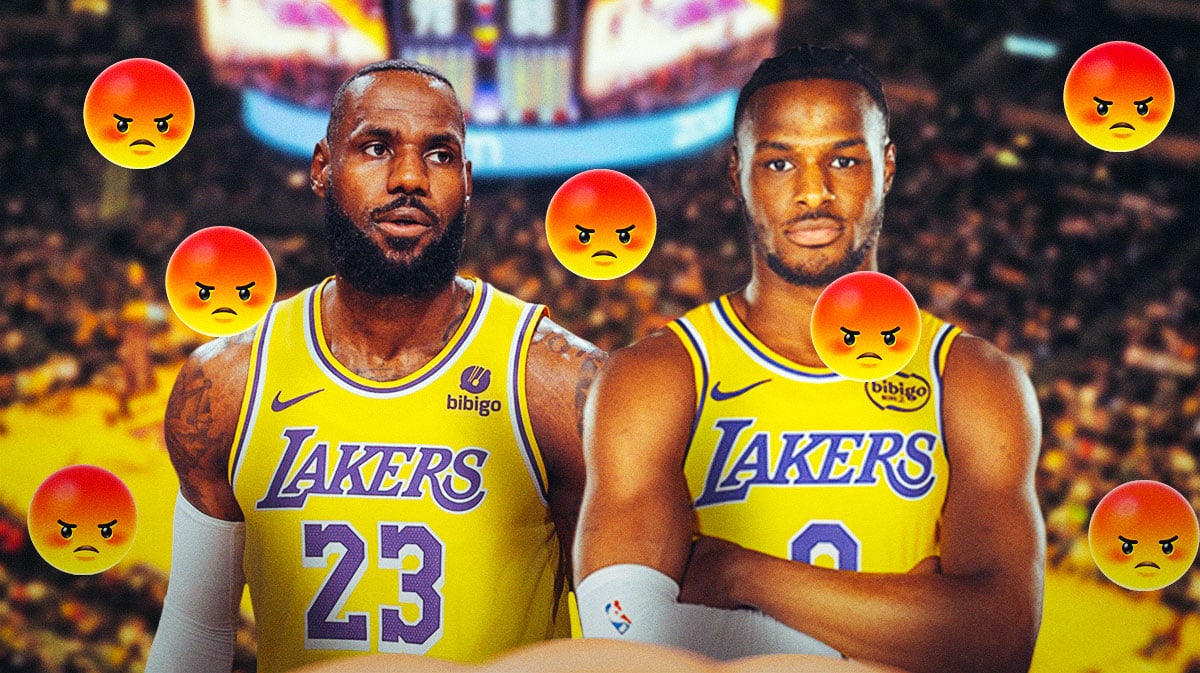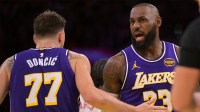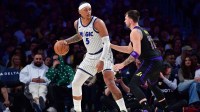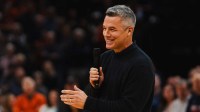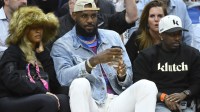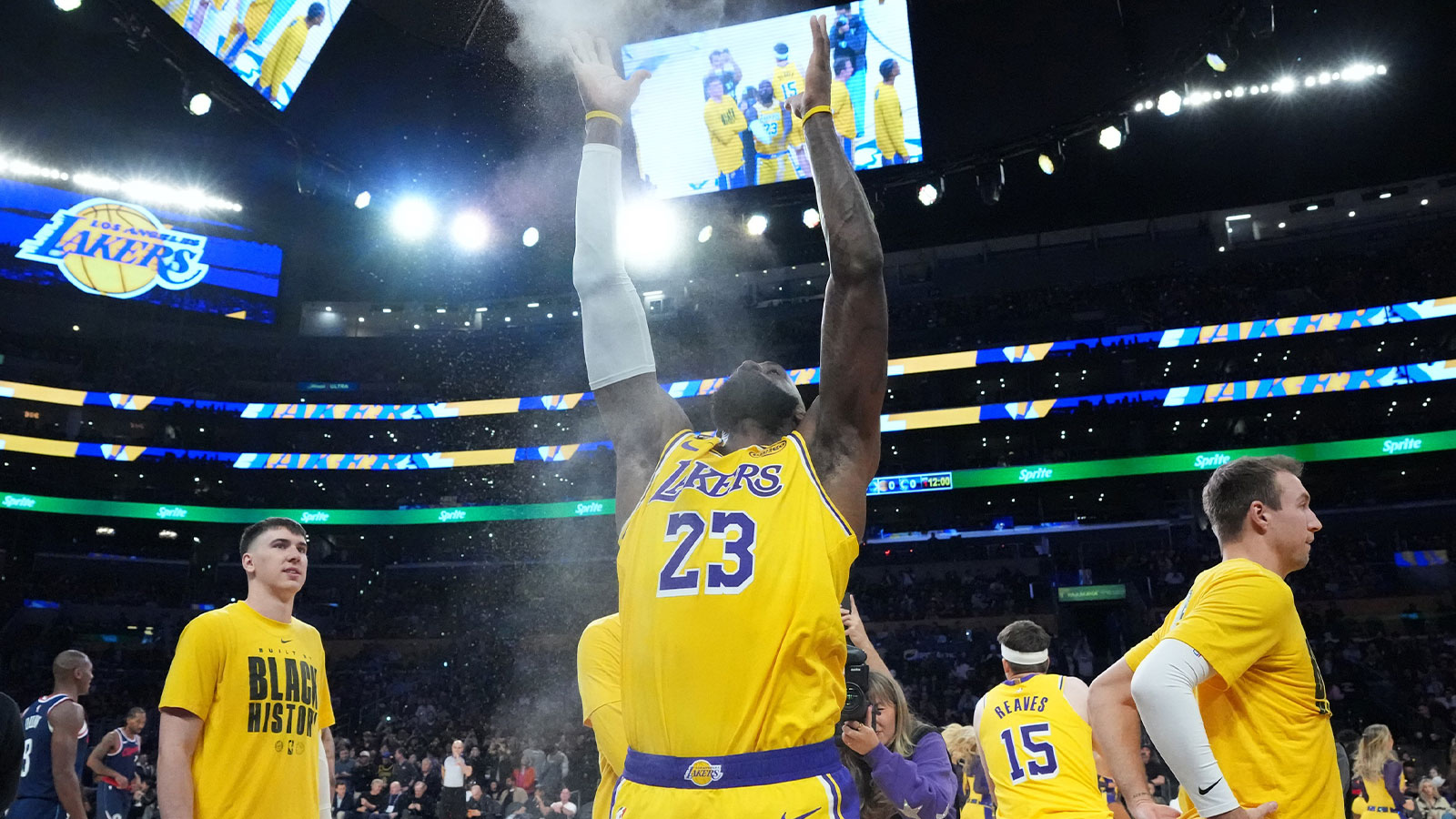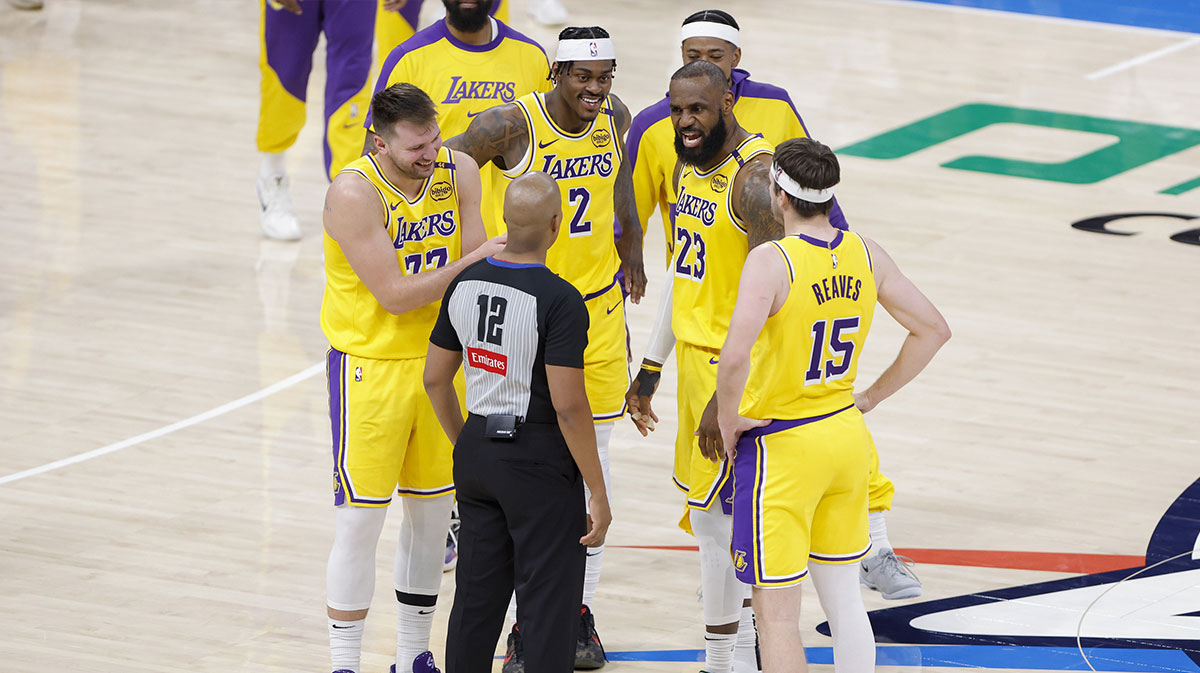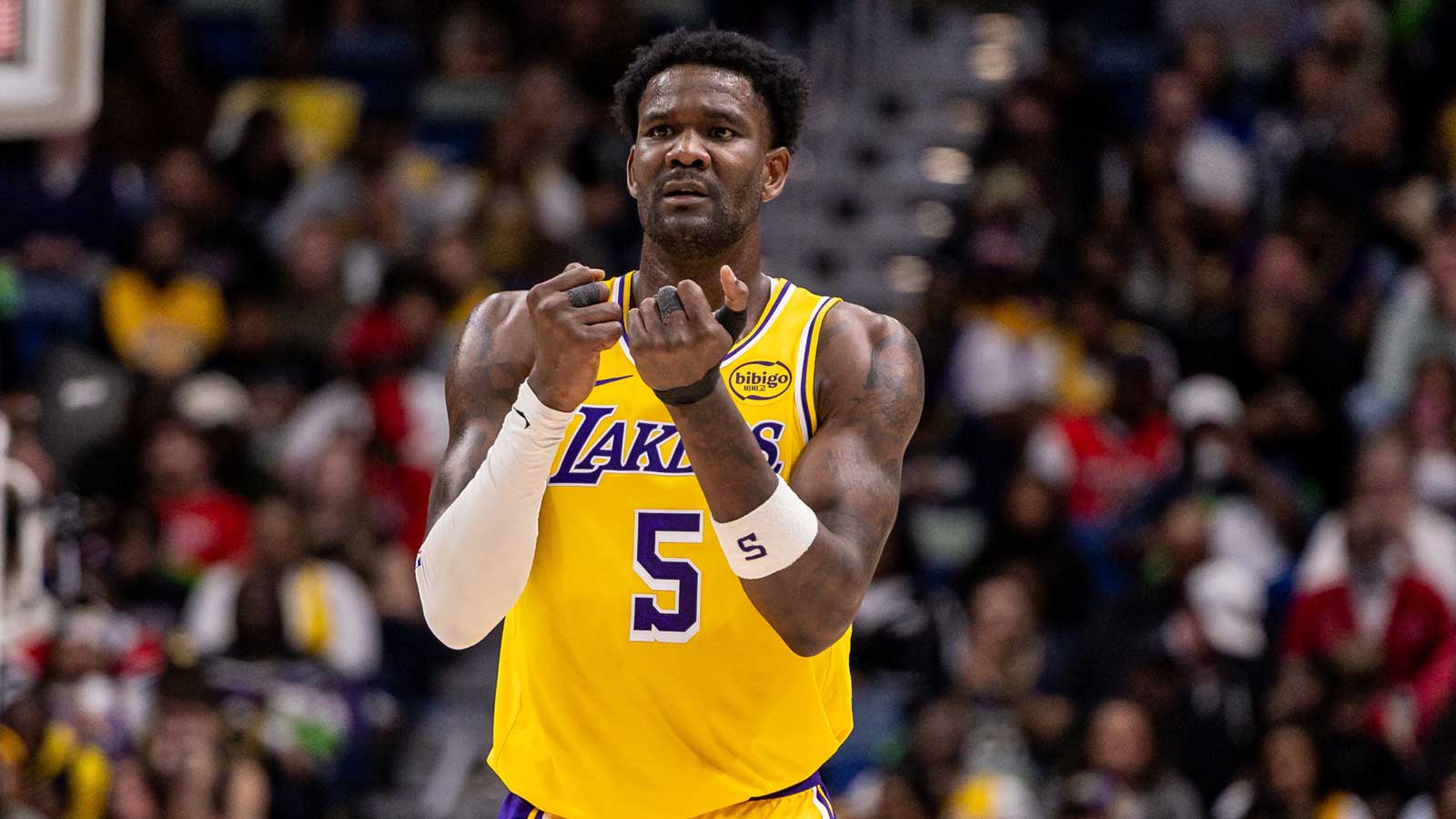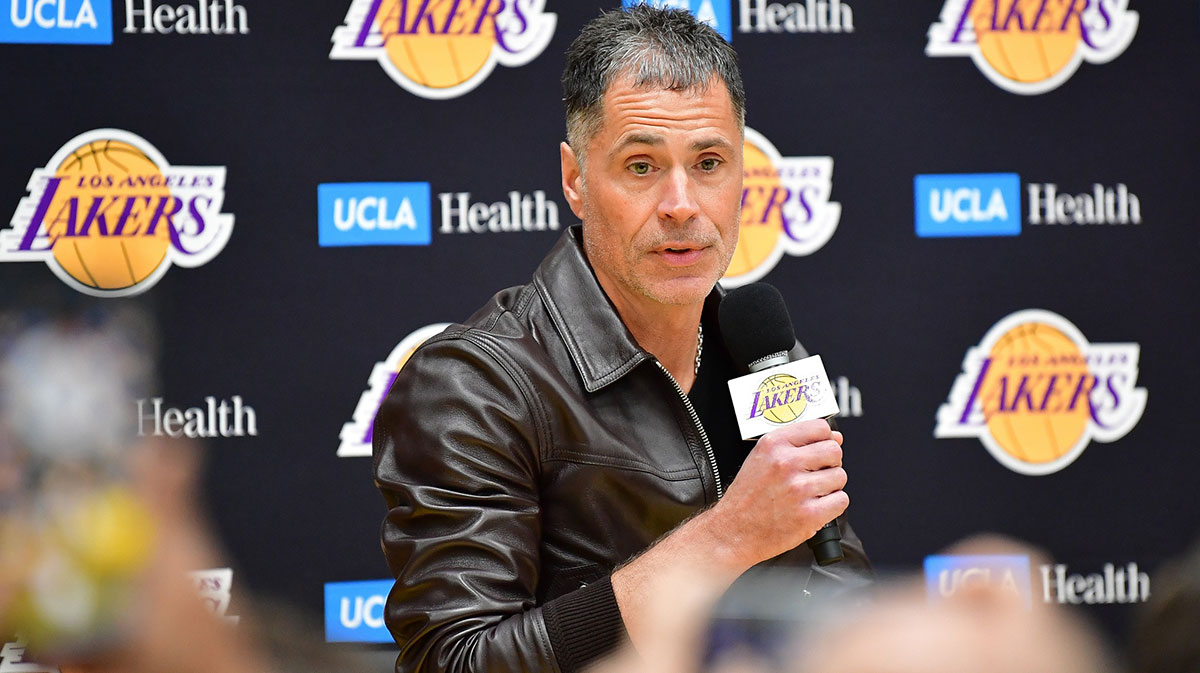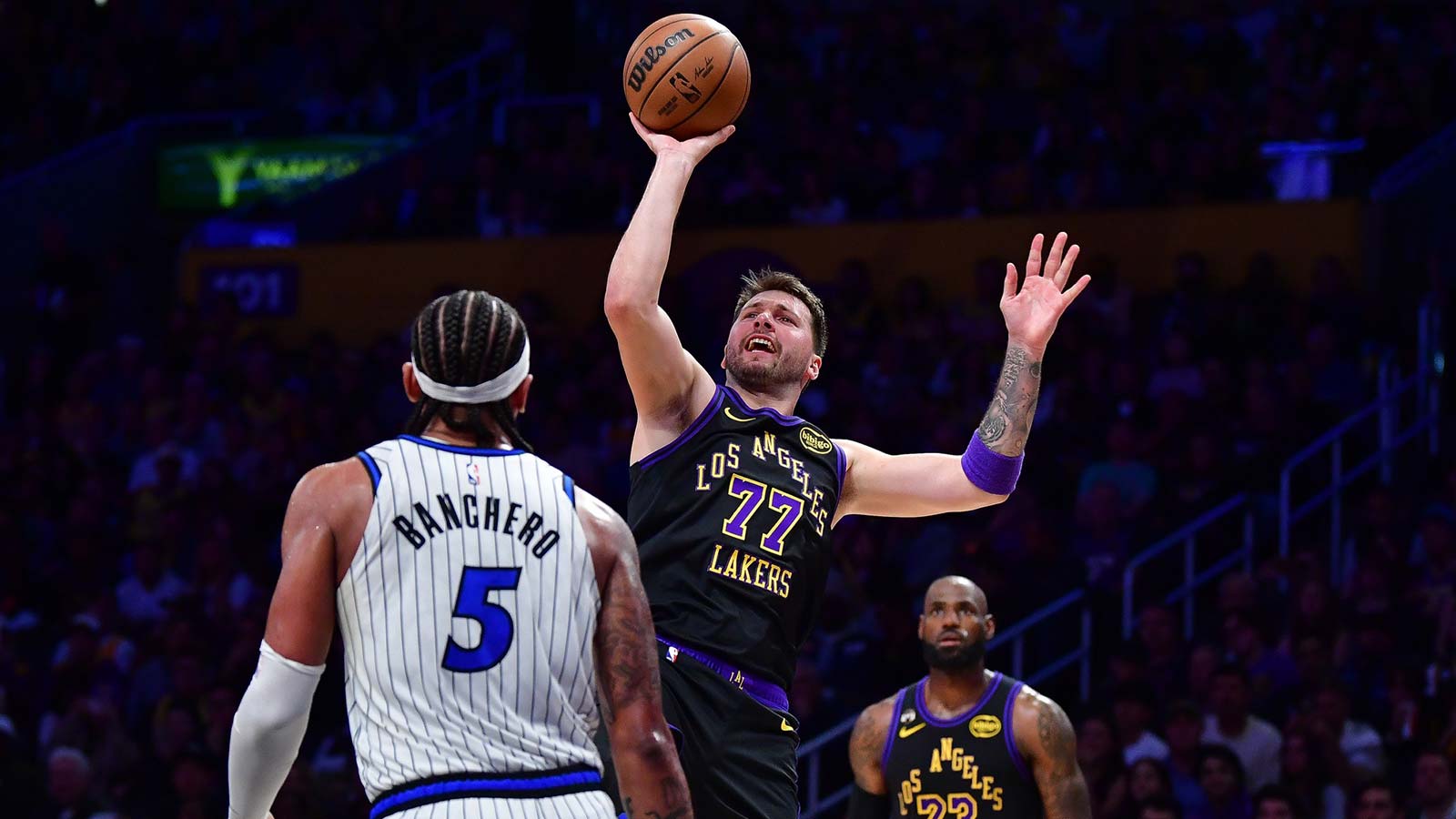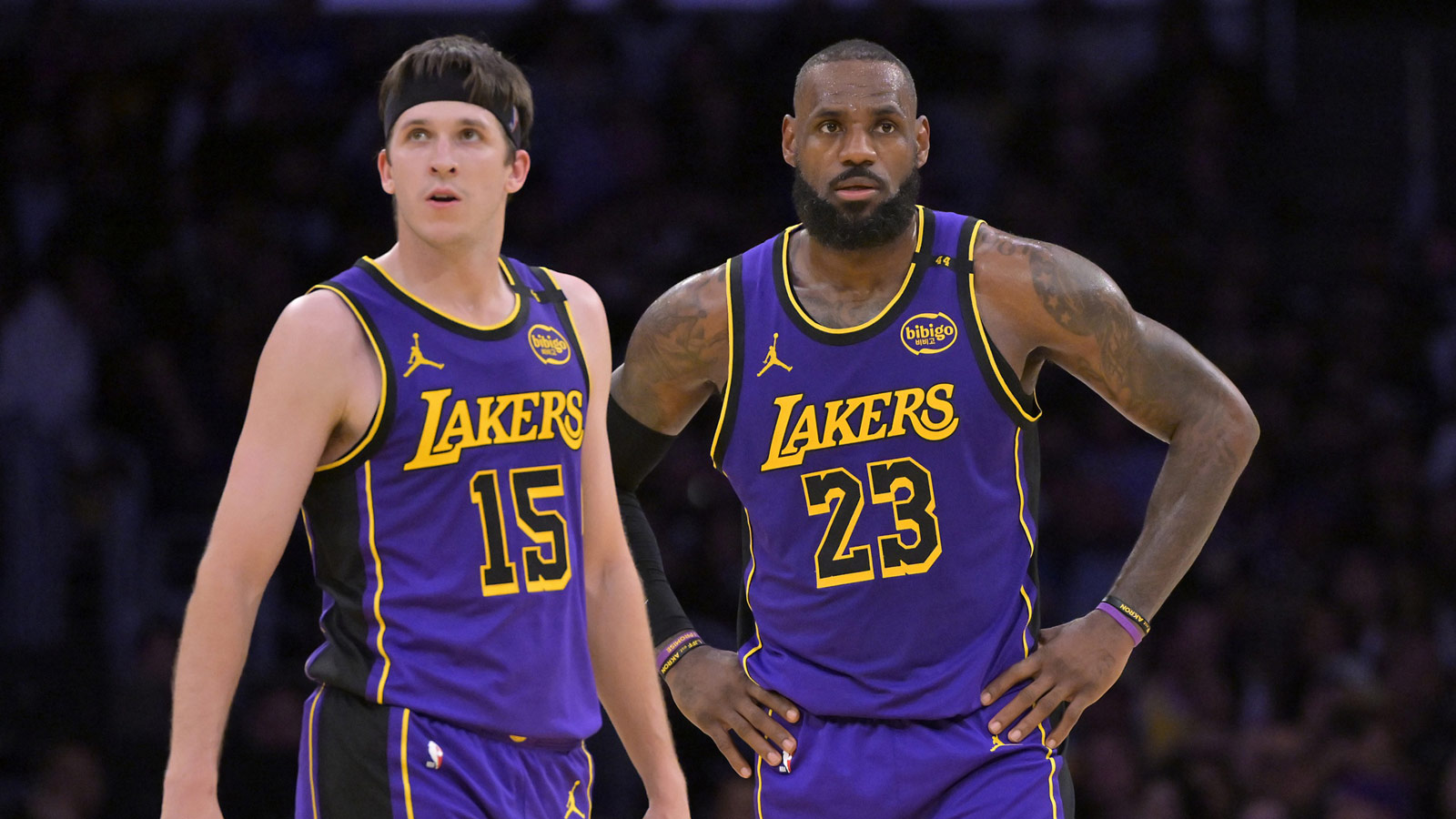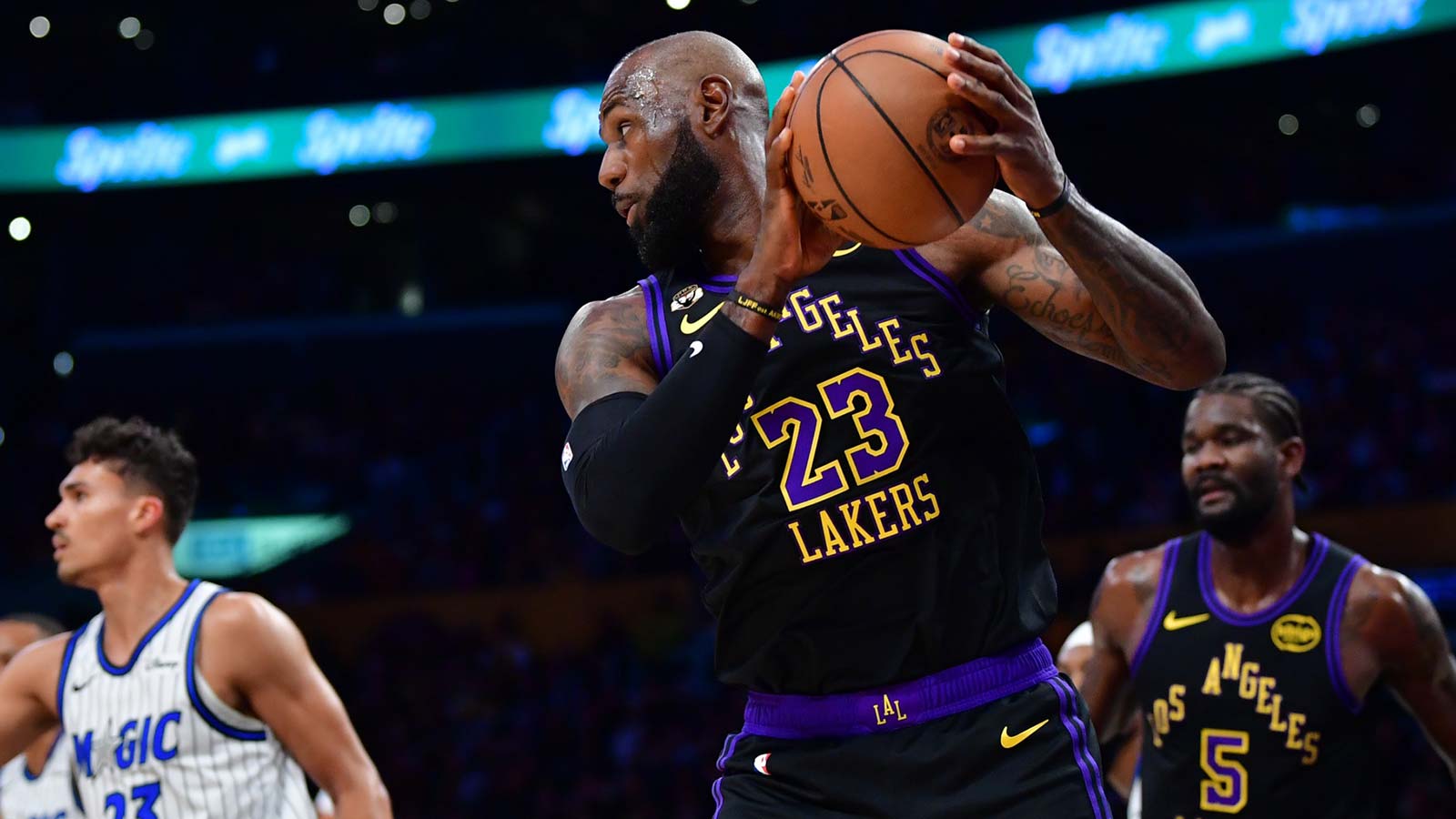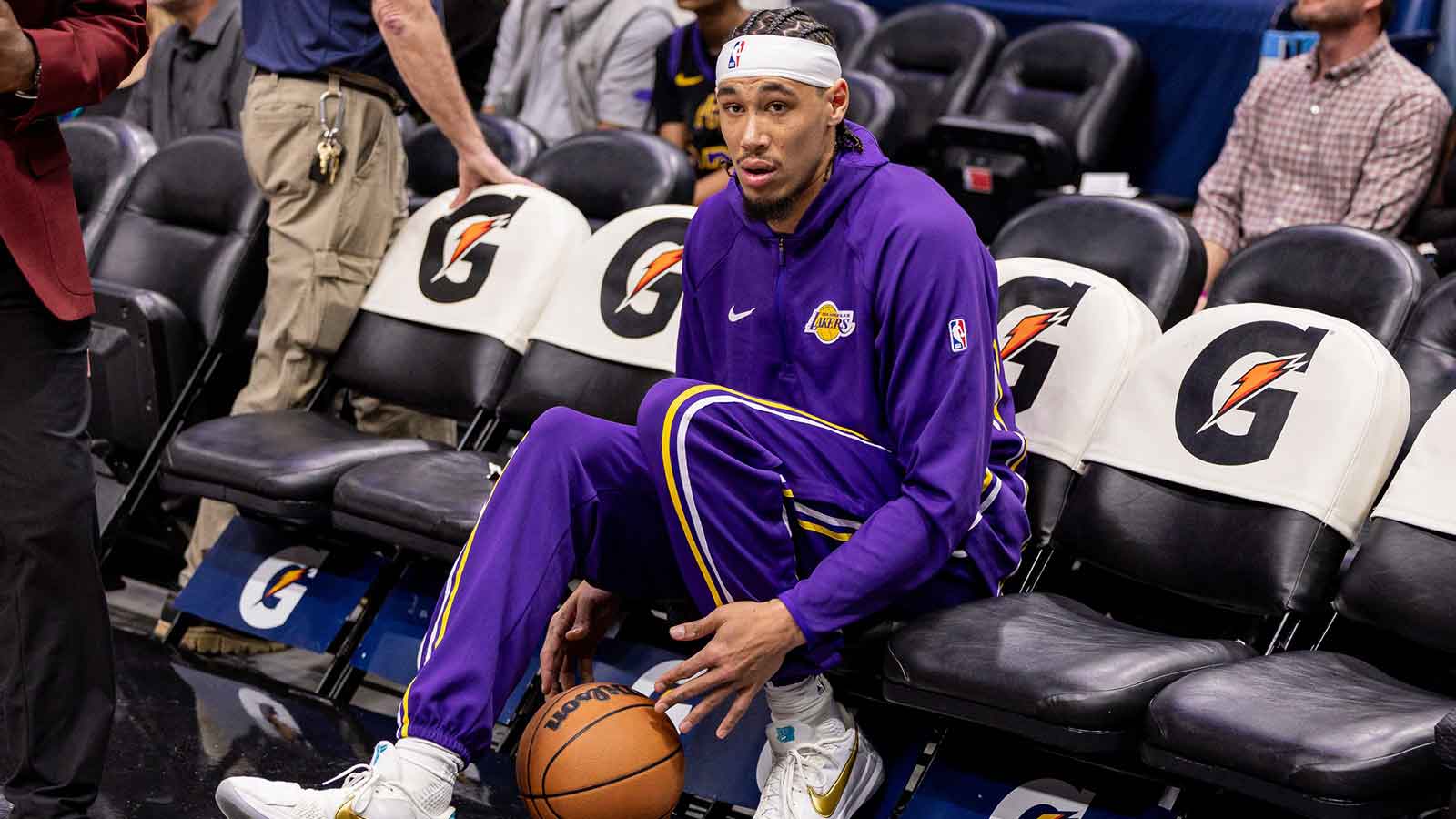The Los Angeles Lakers’ decision to draft the *well-known* yet relatively low-ranked college prospect Bronny James has ignited a robust debate that reaches beyond the court and delves into the realms of ethics, meritocracy, and strategic team management. On The Bill Simmons Podcast, Van Latham shared his pointed views on why this move could be seen as even more problematic than traditional nepotism, sparking a critical conversation about fairness and integrity in professional sports.
Van Latham begins by addressing the commonality of nepotism in sports, particularly when it involves team ownership.
“It’s one thing if I have a business, me handing that business to my children and training them is one thing. Sure that’s nepotism but that’s also getting them ready to navigate their inheritance.”
Here, Latham highlights a distinction: while it's still nepotism, there’s a pragmatic angle where heirs are being groomed to manage future responsibilities. Examples include Jerry Jones and his Dallas Cowboys, or the Buss family and their Los Angeles Lakers. These instances, according to Latham, involve preparation for inevitable inheritance rather than an undue advantage.
However, Latham argues that drafting Bronny James is fundamentally different.
“This is somebody utilizing their power to get their kid drafted,” he says, emphasizing the misuse of influence to secure a draft spot. Latham underscores that this choice could deprive a more deserving player of their opportunity, effectively altering their career trajectory.
“That somebody else is going to have a harder road. That’s not to say that Bronny’s not going to be a good pro, that’s not to say that Bronny wouldn’t have figured it out in college if he was at a different school and made it to the NBA,” he continues, illustrating the potential for unintended consequences on others’ careers.
Latham questions Bronny’s draft worthiness based on his college performance.
“In any NBA Draft would a 6’1 guard who averaged 4.8 PPG and shot 26.7% from 3 point range be drafted in the NBA, where most teams are drafting on potential, whether that’s size, athleticism, etc.?” The implication here is clear: by typical draft standards focused on performance and potential, Bronny’s statistics might not warrant selection. This brings forth a critical issue of meritocracy in the NBA.
Supporters of the Lakers’ decision argue that drafting Bronny could be a strategic move. Keeping LeBron James happy, one of the greatest players in NBA history, could significantly benefit the Lakers.
As Latham acknowledges, this perspective has merit: “If it makes LeBron James happy and wanting to stay with the Lakers, it’s a great pick.” LeBron’s presence on the team brings immense value, not only in terms of performance but also in revenue and marketability.
Bronny James’ addition to the Lakers roster could bring substantial financial benefits. LeBron James has a massive global following, and his son’s association with the Lakers could drive merchandise sales, increase ticket demand, and enhance the team’s brand.
How does it financially affect the Los Angeles Lakers
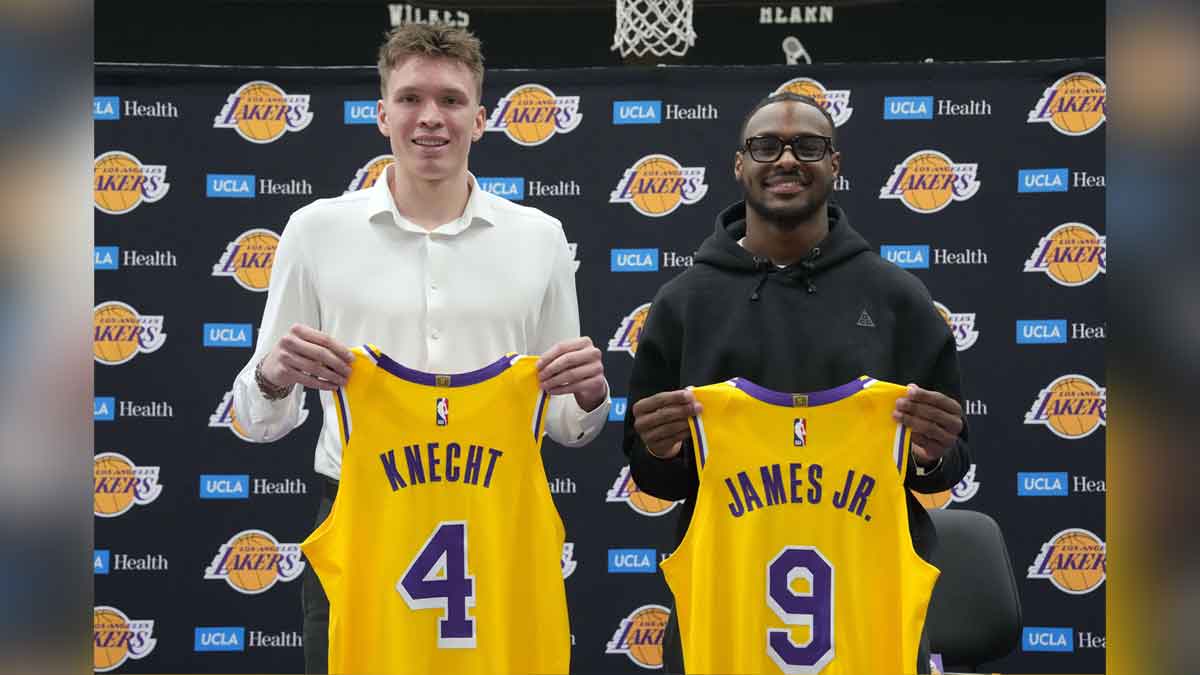
This financial angle cannot be ignored in the decision-making process.
“Also the financial side of the draft pick—how much revenue will Bronny James just being a Laker bring to the team?” Latham points out. This aspect aligns with modern sports management where financial health and marketability are crucial.
Despite potential benefits, Latham firmly believes the ethical implications should not be overlooked. “I’m sorry but this is wrong and as far as the ideals and the values that I live by, I didn’t like it,” he asserts. The principle that players should earn their spots based on merit rather than familial connections is fundamental to sports ethics. Drafting Bronny, he suggests, could undermine this principle and send a problematic message about the importance of connections over talent.
Latham’s critique also touches on cultural perceptions and accusations of bias. He preempts criticism by stating, “That somehow makes me anti-cultural or I’m hating on LeBron, I’m happy for them.” This highlights the tension between personal integrity and public perception, especially in a high-profile case involving a legendary player and his son.
The Lakers’ decision to draft Bronny James is a multifaceted issue that straddles nepotism, meritocracy, strategic planning, and financial incentives. While it may yield short-term benefits by keeping LeBron James with the Lakers and boosting the team’s marketability, it also raises significant ethical questions. The broader implications for the NBA and other sports leagues are profound, potentially fostering cynicism and undermining the spirit of competition.

